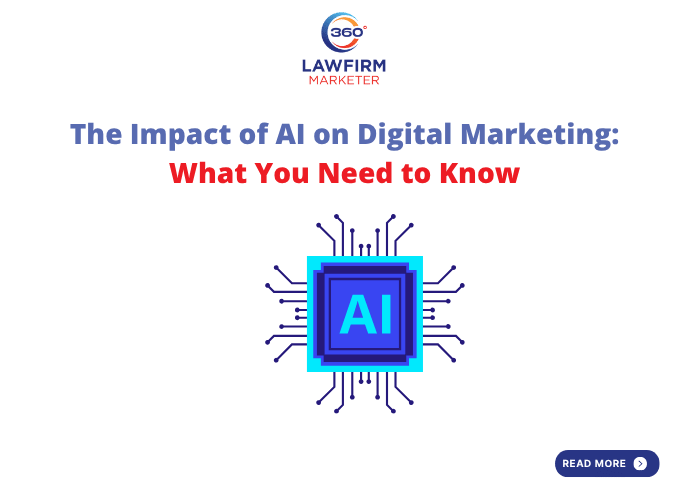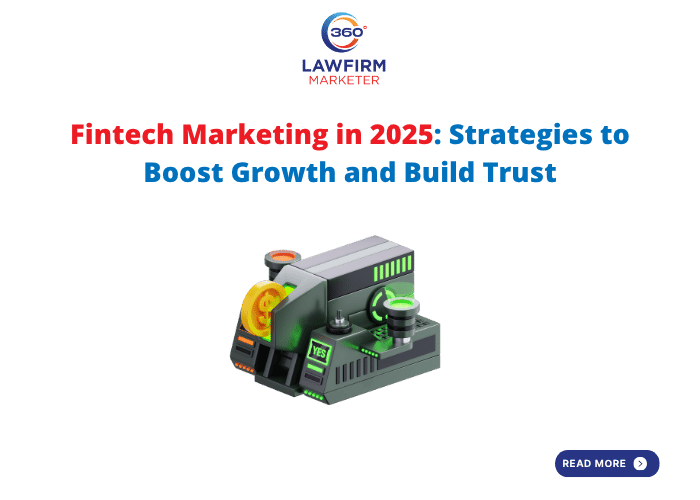
In today’s fast-moving digital world, artificial intelligence (AI) isn’t just a nice-to-have its fundamentally reshaping how brands communicate, engage customers, and drive results. From personalized content to automated ad buys, AI tools are powering smarter decisions, faster responses, and more meaningful connections. This article explores how AI is being used in digital marketing, what benefits it offers, and the challenges businesses should be ready for. For those looking to sharpen their strategic skills, business development courses online provide flexible learning opportunities to stay ahead in this evolving landscape.
Keyways AI Is Used in Digital Marketing
AI has already made deep inroads into many marketing functions. Here are the major application areas:
- Personalization & Customer Insights
AI can analyze massive amounts of customer data browsing behavior, purchase history, search patterns and from that, predict preferences. The result? Tailored messages, product suggestions, and marketing journeys that feel more relevant and timelier for each user. Personalized experiences lead to higher engagement and stronger loyalty.
- Predictive Analytics
Using historical data, AI models forecast what customers will likely do next what products they might buy, what content they’ll engage with, when they might churn. Marketers can use these predictions to optimize budget allocation, plan campaigns ahead, and reach their audience with the right message at the right time.
- Content Creation & Curation
AI tools can help both generate and curate content. From writing blog drafts, social media posts, and newsletters to selecting images, videos, or articles that align with audience interests, AI speeds up work while helping maintain consistency. This means marketers can spend less time on repetitive tasks and more on creative strategy.
- Chatbots & Customer Service
Chatbots powered by AI provide instant responses to customer queries, 24/7. They can handle many routine interactions like FAQs, order tracking, basic troubleshooting freeing human teams to focus on more complex issues. Beyond faster service, bots can also capture insights from conversations that help improve products, services, or messaging.
- Programmatic Advertising
This refers to using AI to automatically buy and place ads across platforms. By analyzing real-time data, programmatic systems optimize which ads to show, to whom, and when, often bidding in real-time for ad space. The precision means better targeting, less wasted spending, and greater return on ad investment.
Major Benefits of Using AI in Marketing
Adopting AI in your digital marketing strategy brings several powerful advantages. Here are some of the biggest.
- Greater Efficiency
A lot of what marketers traditionally do is repetitive or manual: publishing content, scheduling posts, analyzing reports. AI automates many of those tasks, letting teams move faster and focus on strategy, creativity, and problem-solving instead of doing tedious work.
- Improved Customer Experience
When you can deliver relevant content, recommendations, and interactions that align with what customers care about, your brand feels more thoughtful and responsive. Personalized experiences, even simple ones can make customers feel understood, building trust and loyalty.
- Smarter, Data-Driven Decisions
AI excels at spotting patterns, trends, or signals in large data sets that are too complex for humans to analyze easily. This makes decision-making less guesswork and more about using evidence whether that’s which campaigns are working, which audiences are most responsive, or what messages hit home.
- Lower Cost, Higher ROI
With AI helping optimize ad spend, reducing manual labor, and improving targeting, many businesses see reductions in wasted budget and better return on investment. Chatbots reduce customer support costs; automated tools cut down on content production overhead. All of this helps improve profitability.
Challenges & Things to Consider Before You Dive In
AI offers plenty of benefits, but it’s not a magic wand. Businesses need to be aware of potential risks and take steps to mitigate them.
- Data Privacy & Security
AI relies on data lots of it. Collecting, storing, and processing that data comes with privacy obligations (think laws like GDPR, local data protection regulations). Companies must ensure data handling is secure, ethical, and transparent.
- Integrating With Current Systems
Many organizations already have marketing tools, workflows, platforms in place. Introducing AI may require compatibility checks, new infrastructure, and staff training. Without proper integration, inefficiencies or system conflicts can emerge.
- Staying Up-to-Date
AI is a rapidly evolving field. What’s cutting-edge today might be outdated in a year. Marketers need to keep learning, experimenting with new tools, and adjusting as both technology and customer expectations evolve.
- Potential Bias & Ethical Concerns
AI systems can inherit or amplify biases present in their training data leading to skewed predictions or unfair targeting. Ethical usage demands thoughtful oversight, inclusive data, and testing to avoid unintended discrimination or misrepresentation.
- Over-reliance and Creativity Trade-off
While AI can automate many things well, there’s risk in relying too much on AI for creative tasks. Human judgment, creativity, intuition, and empathy are still vital especially when building brand voice, storytelling, or deep emotional connections.
How to Prepare Your Marketing Strategy for AI
To get the best out of AI tools without falling into common pitfalls, here’s how you can embed them smartly in your strategy:
- Audit Data Assets & Infrastructure
Understand what data you have, its quality, where it’s stored, and how accessible it is. Clean, well-structured data is essential for accurate AI predictions and personalization.
- Start Small, Evaluate Fast
Pick one or two AI tools or use-cases (for example, a chatbot, or predictive audience targeting), try them out, measure impact, learn, and then scale. This helps you spot what works (and what doesn’t) before making bigger investments.
- Ensure Ethical & Transparent Practices
Make sure customers know when AI is being used (e.g. in chatbots or content suggestions). Respect their privacy, provide opt-outs when required, and ensure your AI tools are regularly audited for bias and fairness.
- Train Your Team
Even the best AI tools underperform if users don’t know how to use them. Give training, build internal knowledge, encourage experimentation. Cross-functional teams (marketing + data/tech) tend to benefit most.
- Integrate with Existing Tools & Channels
AI works best when it’s part of a cohesive ecosystem not siloed. Whether you use CRM systems, content platforms, ad networks, or analytics tools, ensure your AI tools can share data and support unified workflows.
- Monitor, Measure & Iterate
Decide on KPIs up front (e.g., engagement boosts, cost savings, conversion rate improvement). Regularly monitor performance, collect feedback, adjust tactics. Repeat the cycle of testing → learning → optimizing.
Why Embracing AI Is No Longer Optional
The digital marketing landscape is increasingly driven by speed, relevance, and customer expectations. Brands that can tailor experiences in real time, respond quickly, and get the most out of every marketing dollar will have a strong advantage. AI enables those capabilities. It’s not just about being more efficient, it’s about being more human in the way you understand and meet customer needs. To gain the skills needed for this dynamic environment, enrolling in a digital marketing institute in Ahmedabad can provide expert guidance and practical training.
For businesses of all sizes, AI adoption offers a path to stay relevant, competitive, and aligned with what modern customers expect: personalized, immediate, and helpful interactions. The future isn’t just about smarter tools it’s about smarter marketers. To develop these essential skills, enrolling in an SEO course in Ahmedabad can provide the expertise needed to excel in today’s digital landscape.




